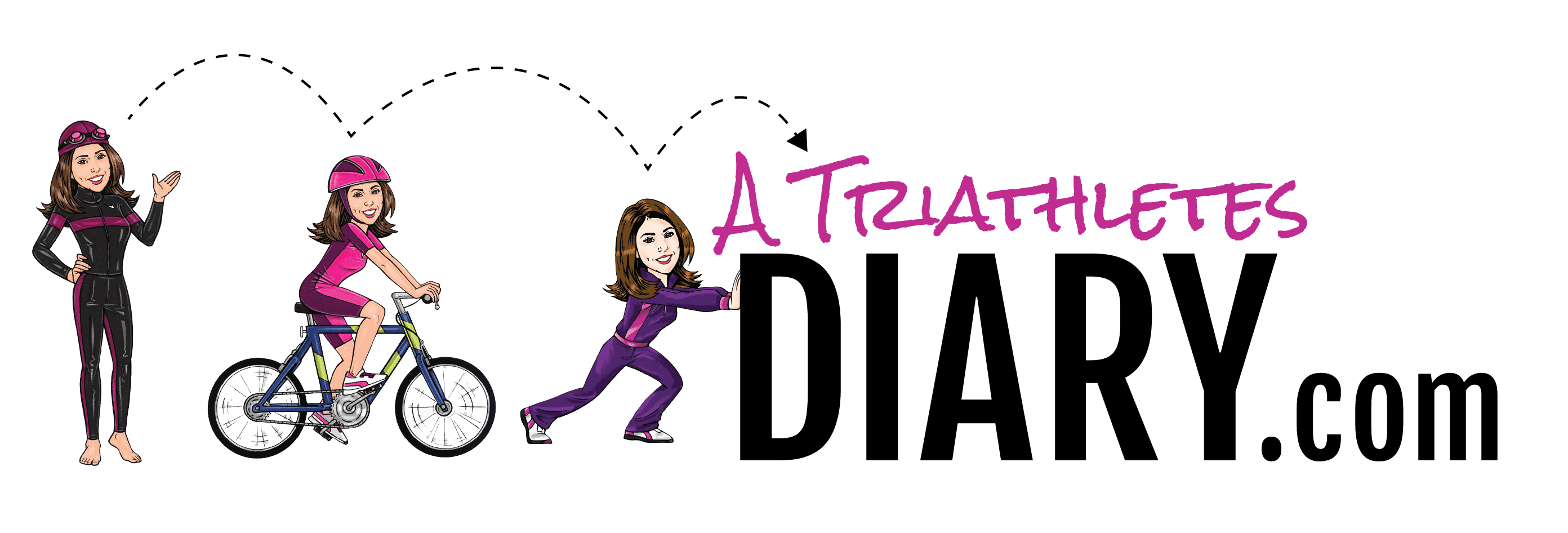Completing a triathlon is an impressive achievement that requires physical endurance and mental resilience. However, how well you recover significantly affects your performance and long-term health. Proper recovery allows your body to heal and grow stronger, helping you return to training and prevent injury.
The proper recovery strategies can be helpful for both beginners and seasoned finishers. Proper nutrition, hydration, and rest can help you regain peak shape. You can read more to find out practical tips for helping you recover after a triathlon.
Properly Rehydrate
Proper rehydration after a triathlon is essential for replacing fluids lost during the event. Dehydration can cause fatigue, cramps, and a slow recovery. Start drinking water immediately after the race, before gradually taking drinks containing electrolytes to refuel your body. Avoid coffee and alcohol during this period as they can cause further dehydration. Rehydrating after a triathlon does the following things:
- Supports muscle repair
- Helps you maintain your energy
- Allows you to kick-start your recovery
Get Adequate Rest and Sleep
Adequate rest and sleep are vital for recovery after a triathlon. Your body usually undergoes intense physical stress during the event, and sleep helps it repair and regenerate. Target at least seven to nine hours of sleep each night.
Rest days are also important for allowing your muscles, joints, and nervous system to recover. Prioritizing rest reduces soreness, prevents injuries, and restores energy to ensure you’re motivated for the next event.
Prioritize Mental Recovery
Mental recovery is as important as physical recovery after a triathlon. The intense determination and focus required during training and the main event can leave you mentally drained. Take some time to read, meditate, and de-stress.
If you use cannabis products to relax better, get them from suppliers like JARS Cannabis New Buffalo. Overall, allowing your mind to unwind supports mental clarity and motivation.
Perform Stretching and Mobility Training
Stretching and mobility training can help ease tight muscles and improve flexibility after a triathlon. Gentle, soft stretches and dynamic movements help release tension, improve blood circulation, and support joint health.
Focus on major muscles like your calves, shoulders, and hips to reduce stiffness and improve your balance. You can also incorporate light Yoga to boost your recovery and return to action.
Consider Cold Therapy
Cold therapy, such as ice baths and cold showers, can be effective for recovery after a triathlon. It helps reduce muscle inflammation, minimize soreness, and quicken healing. Applying cold therapy within the first few hours after a triathlon immediately eases muscle tension. While you may not enjoy this technique, a brief soak can make a solid difference in your recovery.
Use Compression Gear
Wear compression gear after a triathlon to enjoy faster recovery by reducing muscle soreness and improving blood flow. Compression sleeves, socks, or tights can help decrease muscle swelling.
Many athletes find that using compression gear after a triathlon leads to faster muscle rebound and less fatigue. It’s a simple, low-effort way to aid circulation while resting or traveling.
Completing a triathlon can be physically draining and exhausting. To improve your recovery process, properly rehydrate, get adequate rest, and apply cold therapy. Prioritizing mental recovery, performing stretches and mobility, and using compression gear also helps recover.





